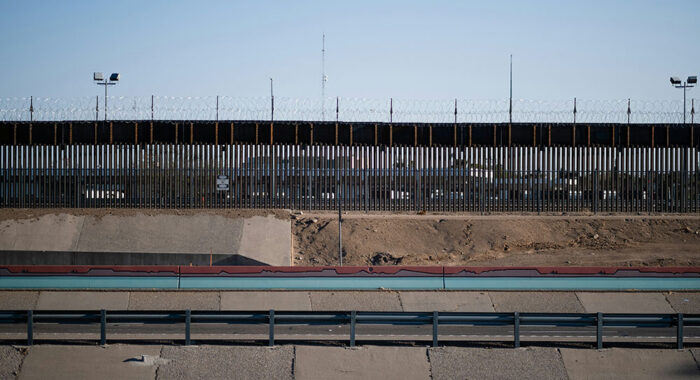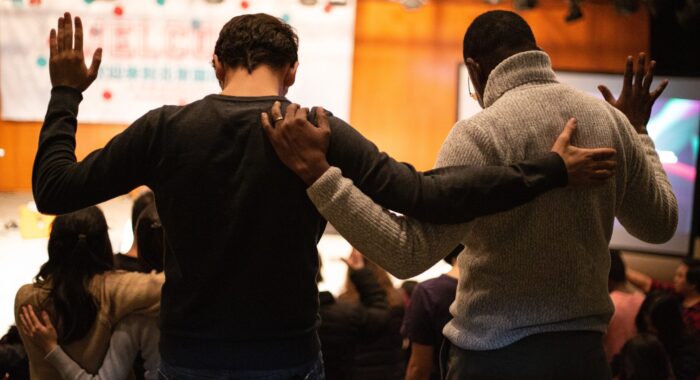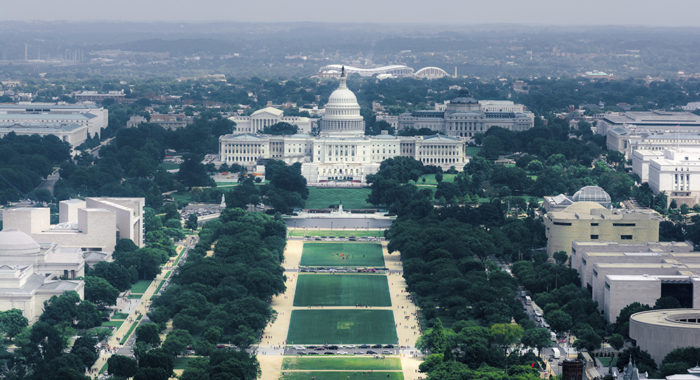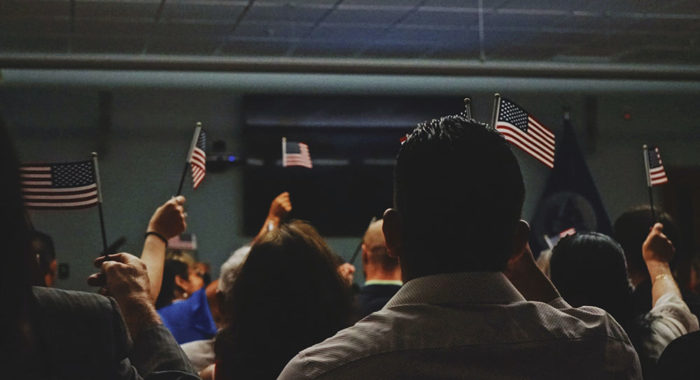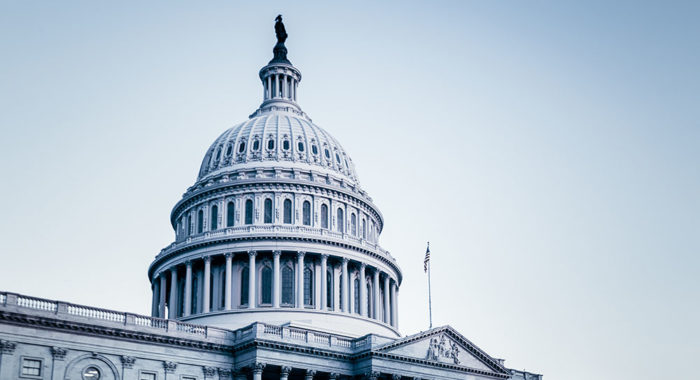The quest for freedom is common to all people; everyone yearns to be free. Enslavements are both personal and corporate. Despite technological and scientific development, people are frustrated by a lack of personal satisfaction, by economic insecurity, and by competing values in a pluralistic society. Racial tension, international terrorism and political oppression also limit freedom. Bondage to alcohol and drug abuse, the disintegration of families, and hedonistic lifestyles point significantly to the need for liberation. Social, economic and political conditions contribute to the enslavement of people. Some live where, because of governmental structure and economic order, they are deprived of basic human rights.
But the primary enslavement is personal–rooted in rebellion against God. Jesus said, “I tell you the truth, everyone who sins is a slave to sin” (John 8:34, NIV). Men and women are deprived of freedom when they place their faith in temporal substitutes for God–ancestry, national privilege, tradition, religious rites, slavish adherence to law or love of themselves.
Spiritual freedom begins with the recognition that humanity has no power, to liberate itself. Liberation must come from outside. Our Liberator is Jesus Christ, the eternal Son who lives forever. The divine Liberator speaks the true Word of God. That authoritative and sufficient Word of God, the truth revealed in the Bible, leads out of bondage to the freedom that God intends for His creatures. “You will know the truth and the truth will set you free” (John 8:32, NIV).
Faith in the Liberator provides redemption and freedom from sin’s dominion, guilt and judgment, restoring us to the condition God intended from the beginning. Liberation, accordingly, means freedom for love and righteousness. This is the essential meaning of Paul’s declaration, “It is for freedom that Christ has set us free” (Gal. 5: 1, NIV). Freedom is not self indulgence; it is freedom to “serve one another in love” (Gal. 5:13, NIV).
The message of salvation also includes the announcement of God’s Kingdom. God’s saving intent cannot be detached from His lordship over creation and history. The ultimate opponents of God’s purpose are the principalities and powers under Satan, the prince of darkness. Salvation includes vindication of God’s justice. Though liberation is fundamentally spiritual and personal, it is also cultural. God’s righteousness will be vindicated in the final coming of His Kingdom.
In the meantime, God’s rule is not in abeyance. He curbs rebellion by partial judgment. Above all, He calls upon His church to speak out against slavery-spiritual, social, economic–whether that slavery is due to personal sins, the sins of others, or materialistic social structures. Our proclamation of the Gospel though primarily personal and spiritual is also the proclamation of the rights of God in the social, political and cultural systems of our day. Liberation must never be cut off from its specific and proper roots in the Gospel of the Kingdom of God. It must never be merely politicized nor simply spiritualized.
Our duty until the Lord comes again is clear. By the grace of God and for the glory of His Kingdom, we much GO…LIBERATE;
…Calling on all Christians to proclaim faithfully the powerful message of personal salvation to those who are enslaved by the shackles of sin. With renewed determination, evangelicals must evangelize those who are liable to the judgment of God
…Calling on all who proclaim this prophetic message to minister to the suffering, the oppressed, the poor and the hungry. The message of repentance and faith in Jesus Christ is not to be isolated from the cup of cold water given in Jesus’ name.
…Calling upon all governments guilty of religious, racial and economic oppression to turn from such evils and to reestablish civil freedoms for all their citizens. We call upon our own government to press vigorously for human rights, particularly for religious liberty in all nations.
…Calling on all Christians to manifest a special concern for brothers and sisters in Christ living where freedom to evangelize and educate is prohibited and to pray faithfully for them.
To this end we dedicate ourselves in humble gratitude for our freedom in Jesus Christ.



 View All Updates
View All Updates 

